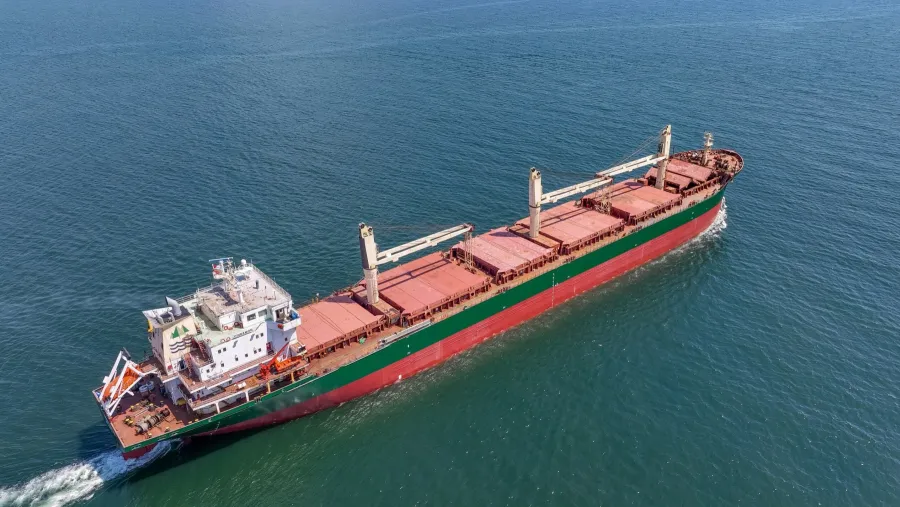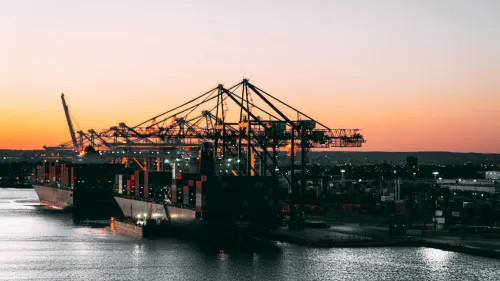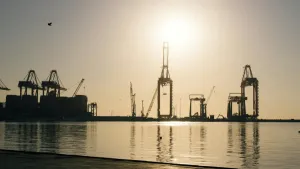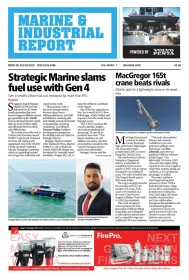
Canfornav expands in Hong Kong
The company will expand its fleet with 25 Japanese-built handy-sized bulk carriers.
Canadian maritime company Canfornav has established a new office in Hong Kong as it marks its 49th year of operation.
“This expansion signifies Canfornav's commitment to strengthening its presence in the Asian market, adding a new hub to its global operations,” the company said in a statement.
The Hong Kong office will better serve far east clients and develop further partnerships in light of Canfornav's fleet expansion. The company owns 30 lake suitable bulk carriers and will add 25 Japanese-built handy size bulk carriers to its fleet over the next few years.
“With Montréal, Limassol and now Hong Kong, we cover strategic hubs for our routes," said Knud Baek Jensen, president and CEO of Canfornav.
Founded in 1976 as a vessel operator engaged in the lumber trade, the Canadian Forest Navigation Group has evolved into one of the leading international dry bulk carriers in the St. Lawrence and Great Lakes.
It was renamed Canfornav in the nineties and expanded by chartering larger ships. It is currently one of the largest handy-sized vessel owners and operators in the world.













